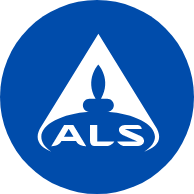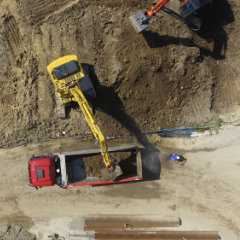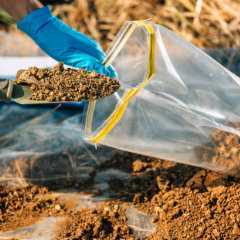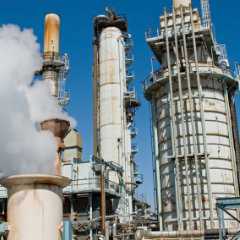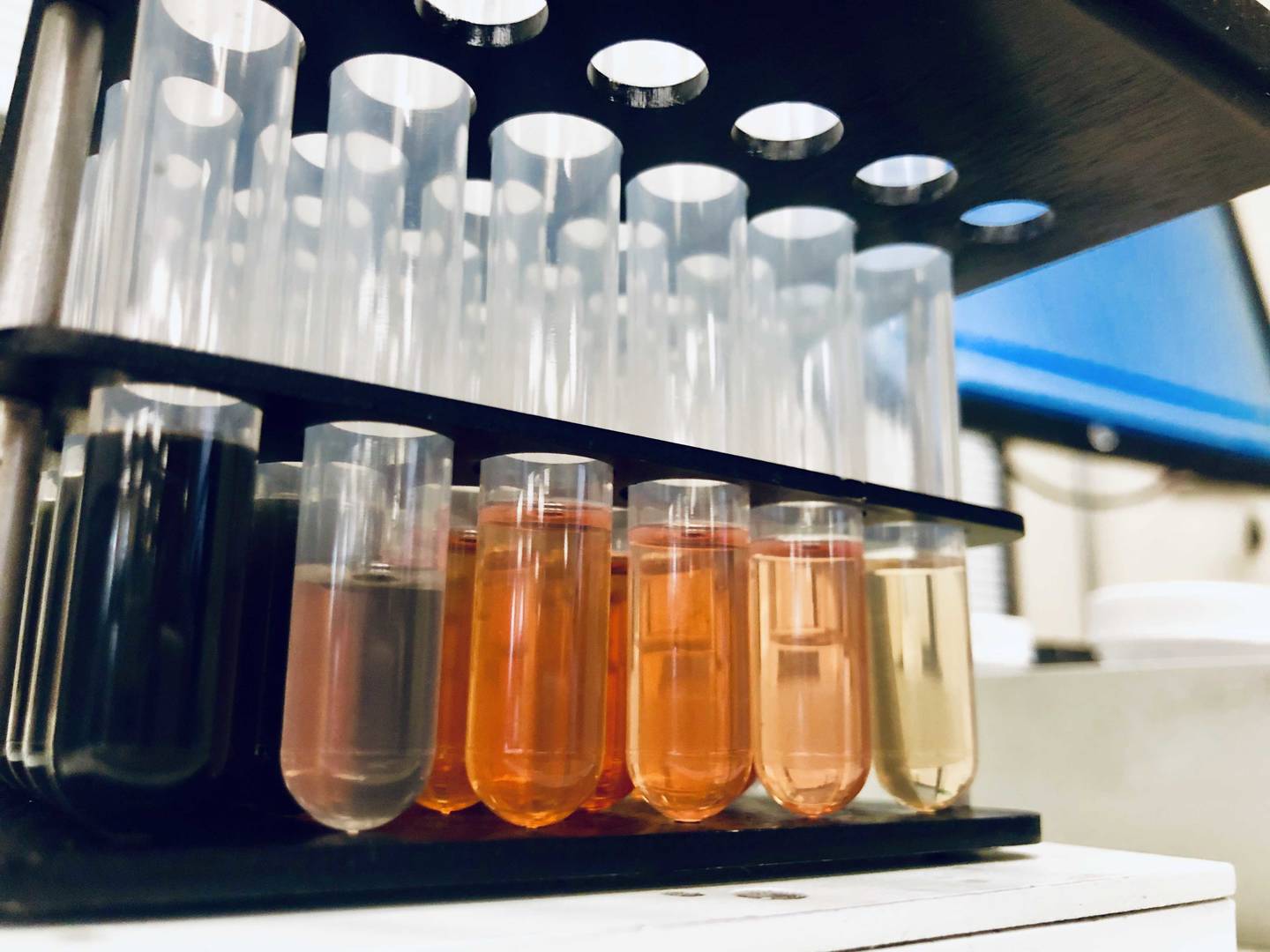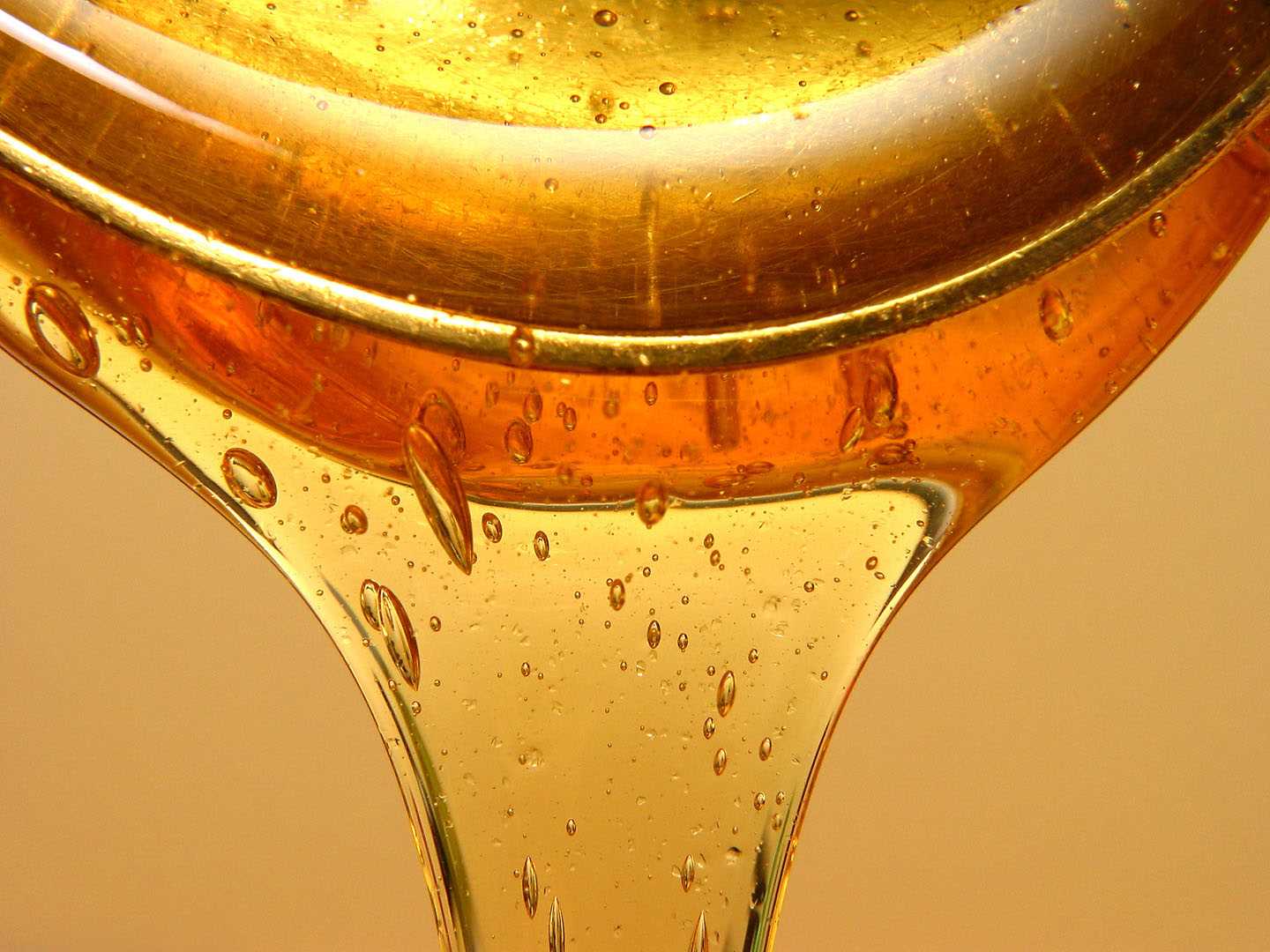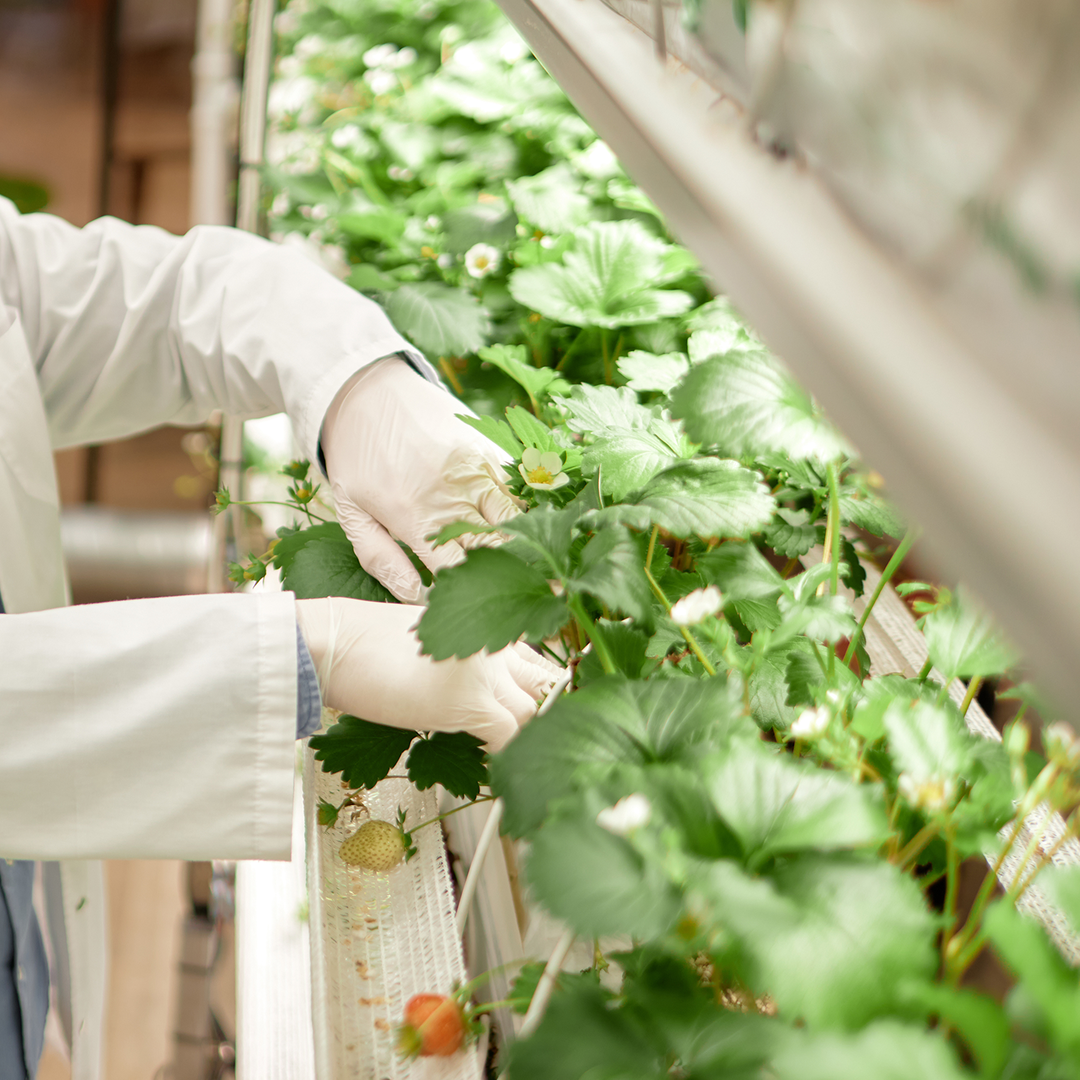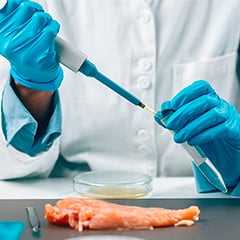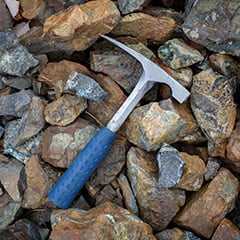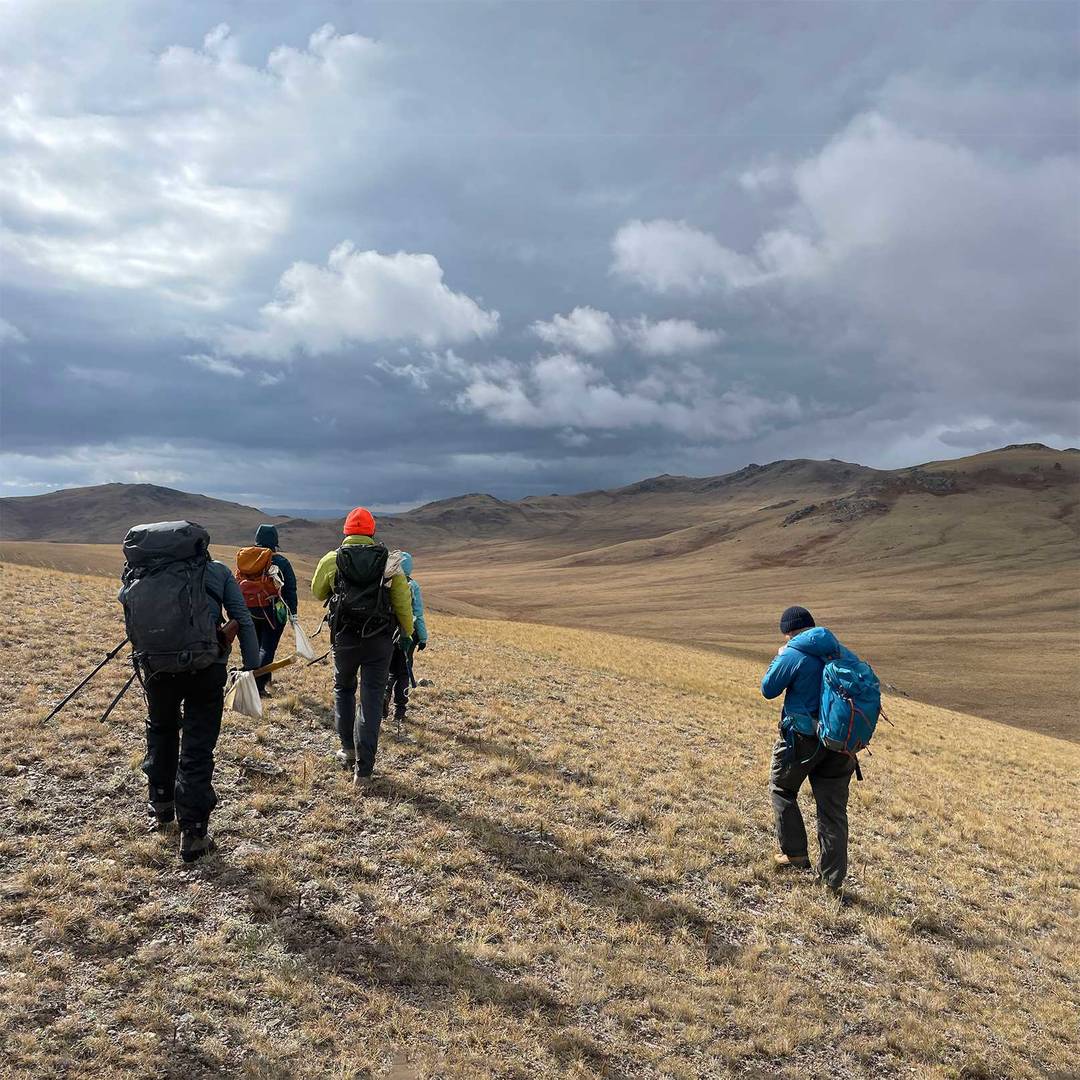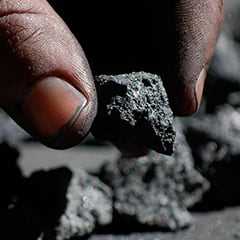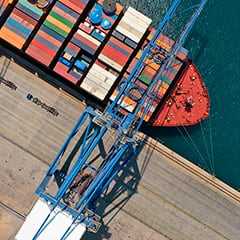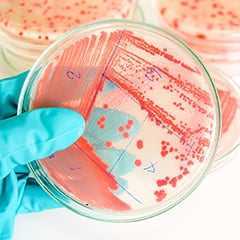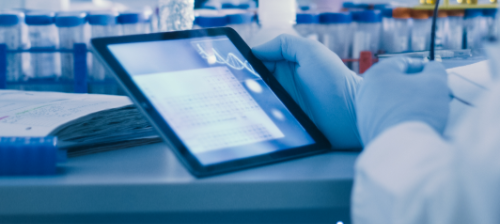EnviroMail 152 Australia
Analysing air and gas with canisters
The Newcastle laboratory has provided canister analysis for nearly fifteen years. Throughout that time, continued investment and technological improvement have ensured the highest standards of data quality. ALS maintains state-of-the-art analytical instrumentation for the best detection limits and turnaround times.
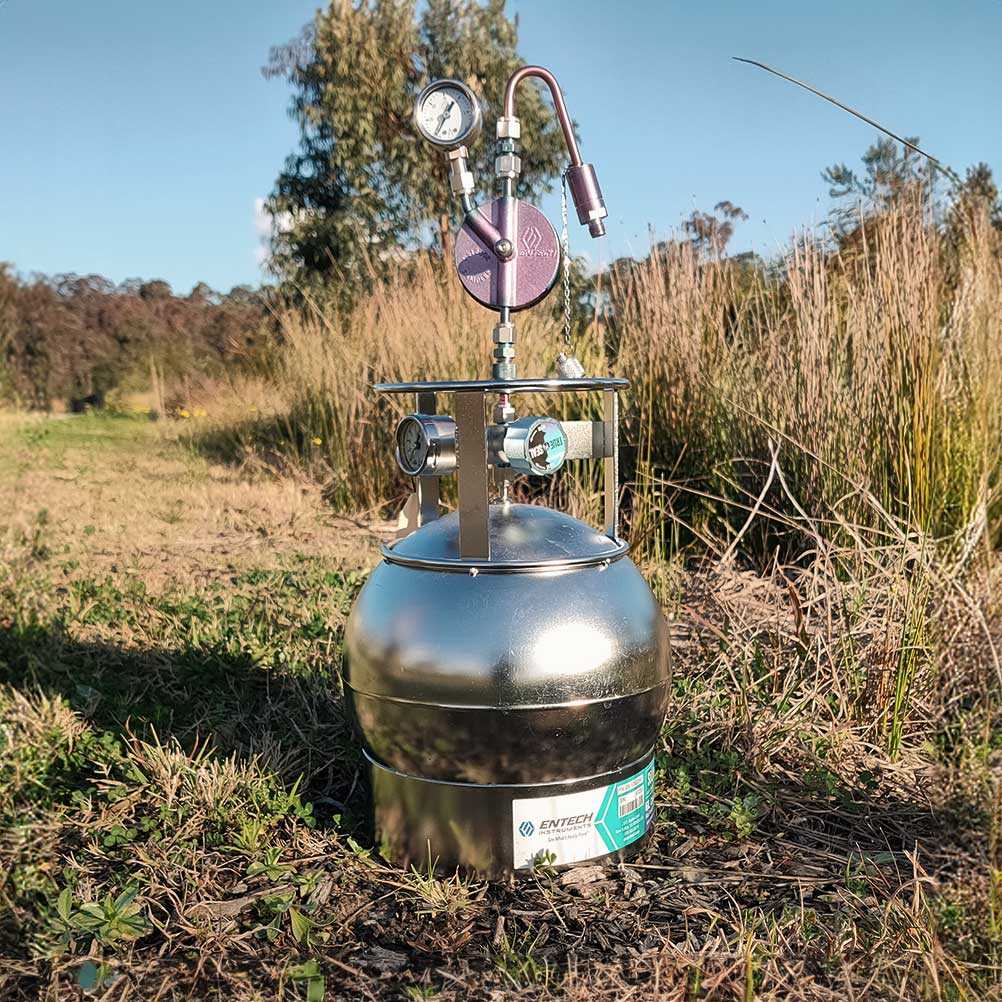
In addition to the traditional USEPA TO15 VOC analysis, ALS also holds NATA accreditation for hydrocarbons and TRH fractions (to C16) as per NEPM 2013 schedule B and CRC CARE technical report 23, as well as permanent gases and light hydrocarbons compliant with ASTM D1945/1946.
With nearly 500 canisters held in stock, we can supply equipment for projects of any scope and size. Canisters can be returned to any ALS office in Australia for forwarding to Newcastle for analysis.
Advantages—why use canisters?
Canisters are the superior technique for sampling air and gas, covering a diverse range of analytical methods. They are accurate, convenient, versatile and robust. Canisters are screened before analysis, so they’re suitable for fast TAT results.
Traditional sorbent-based approaches are selective, and the sampling medium needs to be matched to the analytes of interest ahead of time. They also have limited capacity, so breakthrough and humidity can cause problems, potentially invalidating the results.
| Canisters (1.4/1.6L) |
Sorbents (Charcoal, TD) |
Bags (Tedlar/foil) |
|
| Wide variety of sampling options | ✔ | ✘ | ✔ |
| —Suitable for grab sampling | ✔ | ✘ | ✔ |
| —Suitable for time-integrated sampling | ✔ | ✔ | ✔ |
| Multiple analyses from the same container | ✔ | ✘ | ✔ |
| Samples are stable up to 30 days | ✔ | ✘ | ✘ |
| Suitable for high-humidity samples | ✔ | ✘ | ✘ |
| Wide variety of potential analyses | ✔ | ✘ | ✘ |
| —Suitable for TRH up to C16 | ✔ | ✘ | ✘ |
| —Suitable for permanent gases | ✔ | ✘ | ✔ |
| —Suitable for wide concentration ranges | ✔ | ✘ | ✘ |
| No pumps or on-site measurement required | ✔ | ✘ | ✘ |
Canister sampling is suitable for ambient air, indoor air, soil gas, sub-slab vapour intrusion, landfill gas, coal seam gas and many other applications.
Reporting methods
- TO15 VOCS, individual hydrocarbons: EP101
- NEPM TRH, CRC CARE PVI, TPH CWG: EP103
- Permanent gases, light hydrocarbons: EP104
Your local ALS laboratory can provide an exhaustive list of available analyte lists and suites.
Quality assurance—the ALS difference
Because canisters are reusable, they need quality control far above and beyond what would be expected for a soil jar or water bottle. The Newcastle laboratory has developed rigorous verification schemes for the equipment used during sampling, exceeding the requirements of the reference USEPA method.
All equipment is cleaned at high temperature using cycles of hard vacuum and high-purity nitrogen. Rather than using a batch verification, each canister and sampler is individually analysed to verify its cleanliness, ensuring that all target analytes are well below the method detection limit. You will receive a certificate for each canister and sampler, delivered electronically for auditor review anywhere and anytime.
Unlike other laboratories’ equipment, every single canister, sampler and fitting we issue is coated in a silicon-ceramic passivation layer. Even high-grade stainless steel (like that found in traditional Summa-style canisters and Swagelok fittings) causes losses of reactive VOCs by adsorption and degradation, so this colourful, protective coating ensures that everything is recovered. Each canister is subjected to a stability check every two years to confirm the integrity of this layer, ensuring consistent performance.
Canisters and soil gas samplers are leak-checked for at least 24 hours prior to dispatch from the lab, and are supplied with vacuum gauges to ensure that they are still holding in the field. Our soil gas samplers are provided under vacuum with self-sealing quick-connect fittings, which effectively performs the shut-in test for you. It reduces the number of connections required, thereby minimising the potential for leaks.
Ordering and support—who to contact
Canisters can be ordered through any ALS Environmental laboratory and are shipped by road freight from Newcastle. You can return the canisters to your nearest ALS Environmental office or laboratory, or send them directly to the Newcastle laboratory for faster turnaround. Under typical conditions, they can travel by regular air or road freight. Check with the laboratory if you are sampling from a pressurised source to find out if dangerous goods shipping regulations could apply.
Equipment—what we provide
We provide all of the equipment you will need for sampling, tailored to your site requirements. There are no hidden supply or rental fees; everything is included in the cost of the analysis, so you only pay one price. To ensure that everyone gets the best equipment, unused canisters attract a cleaning fee.
For each sample point, you will receive:
- The canister itself; a passivated stainless steel container (either 1.4 or 6 litres, depending on your desired application) which is supplied under vacuum, ready to sample.
- A flow-restricted sampling train. For ambient air, this is calibrated to provide a linear fill over your requested sampling period (from 1 to 24 hours) for TWA calculations. For soil gas, you can select a maximum flowrate (from 12 to 150 mL/min) to match your site’s geology.
- Fittings, nuts and ferrules to connect to industry standard ¼” tubing. We can also supply inert ¼” PTFE tubing on request. Both ambient air and soil gas equipment use quick-connect fittings to simplify sampling train setup and reduce the need for tools in the field.
Get in touch with us
Technical support for equipment and analysis is available from the Newcastle laboratory at alsenviro.newcastle@alsglobal.com or (02) 4014 2500.
Contact us at one of our leading environmental services laboratories on the details below.
Brisbane
Sydney
Melbourne
Perth
Download as a PDF
